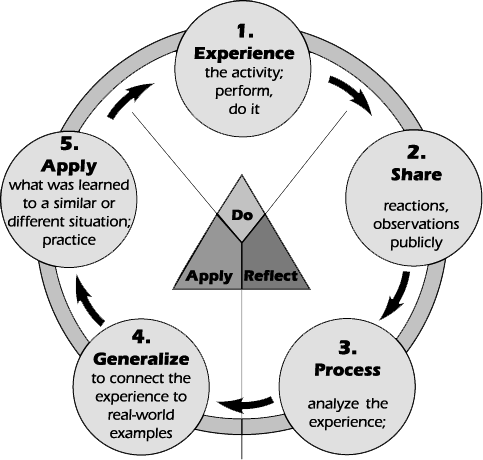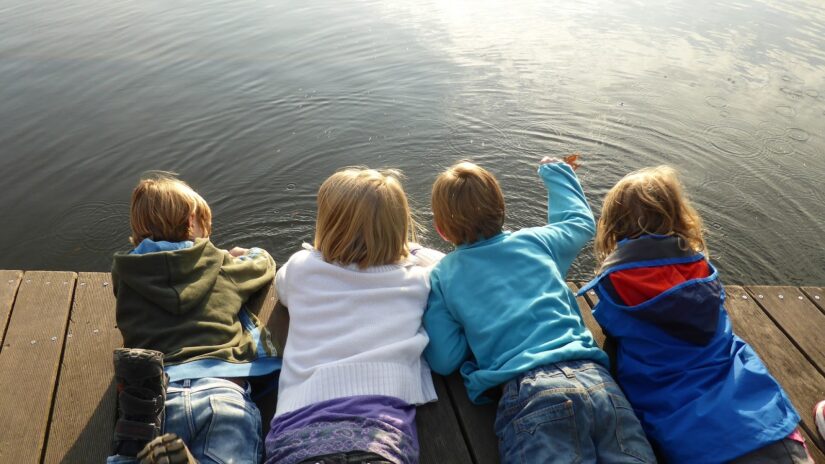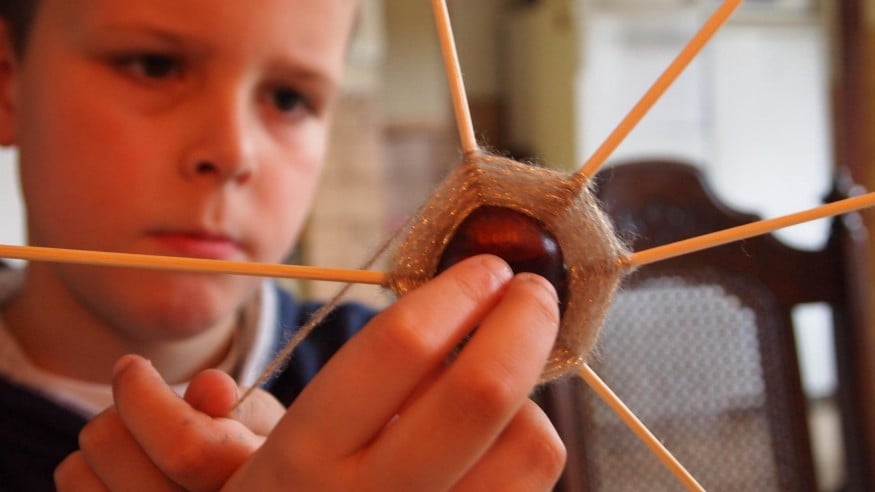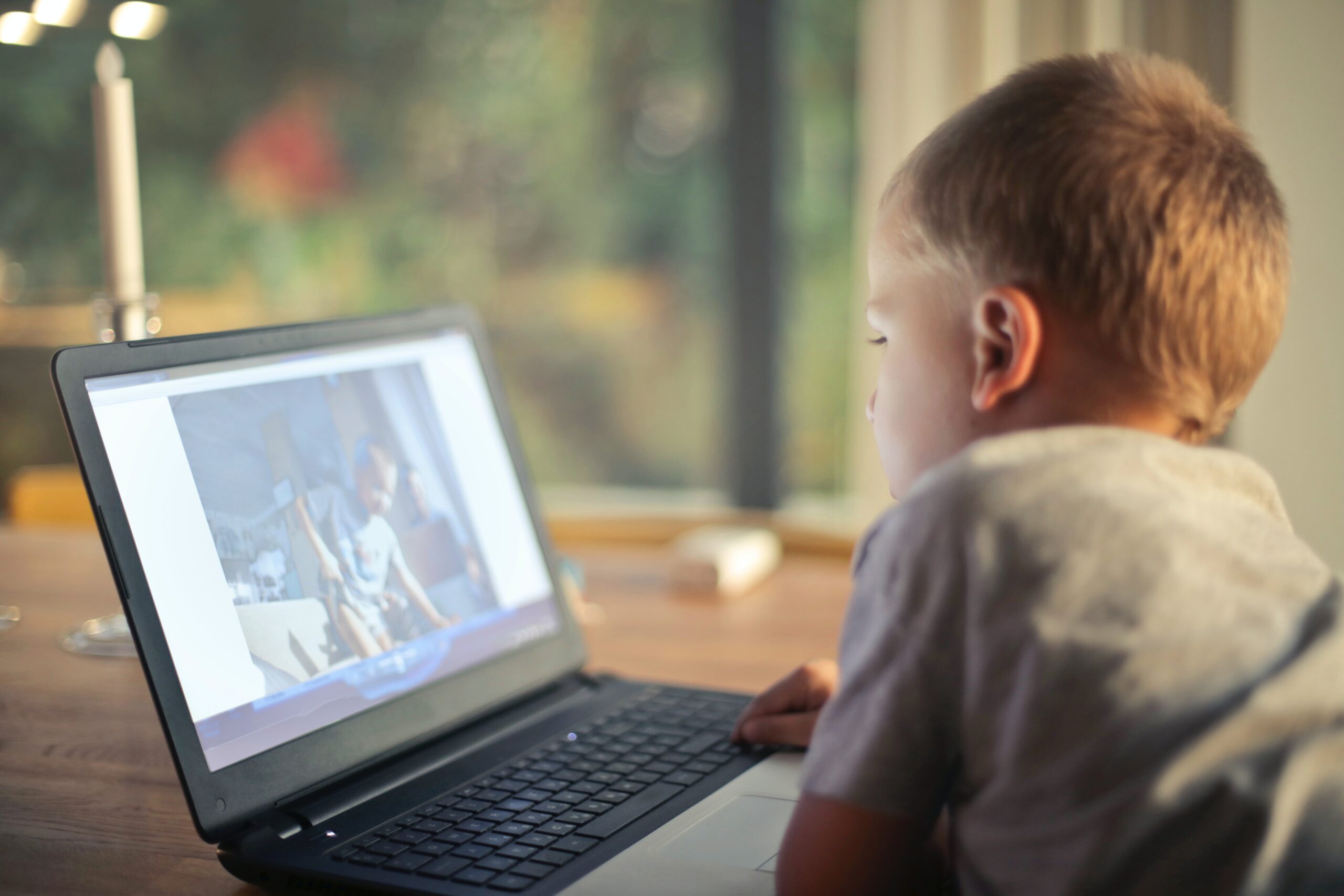Updated 9.12.2021
Today, I would like to talk about an important concept in teaching and learning. Relevance.
Every teacher has been asked the question “Why should I learn this?”. Chances are, that you have asked it yourself when you went to school.
One answer, which is often given, is that the topic will be part of your exam later on.
This answer is, of course technically correct. But it is not a satisfying one. It implies, that the only goal of learning something is in order to pass a test.
You ask me, that is not exactly motivating.
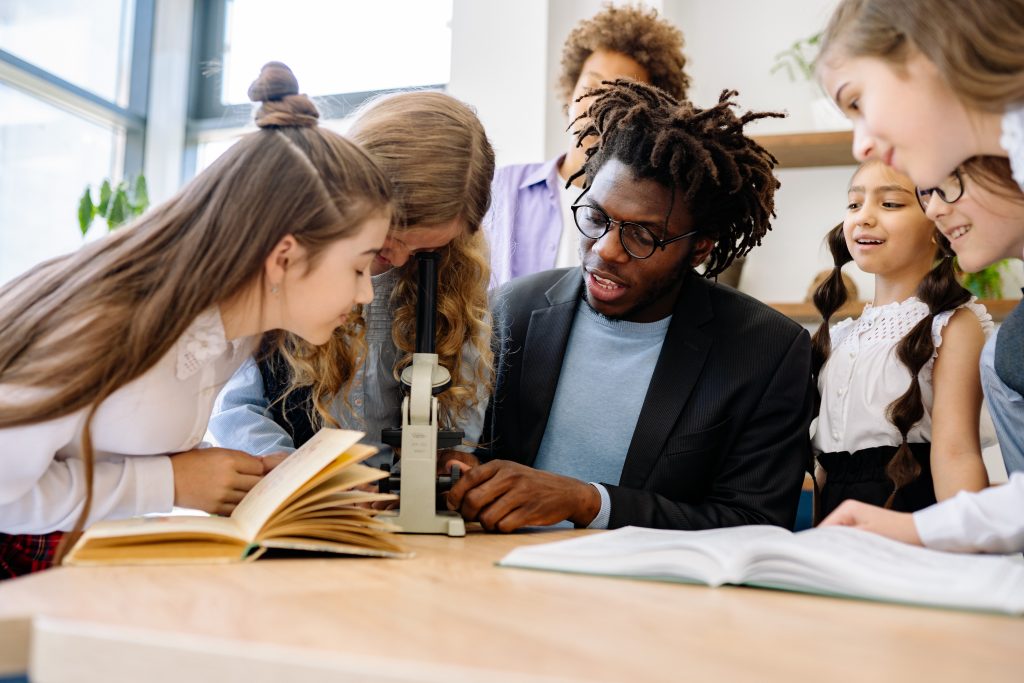
The question of relevance is important
If you think about it for a moment, you will realize how important the question is.
How do we know that the stuff we spent a lot of time and effort on learning actually matters in the long run?
After all, our attention is valuable currency in these modern times.
Like always, the answer is not simple. As the old saying goes: “It is hard to make predictions. Especially about the future”
But we do know from research, that the perceived relevance of a topic or subject matter greatly improves cognitive learning.
Using this knowledge means, we have an obligation as a teacher to add relevance to the things we teach.
How to add relevance
How then, shall we increase the perceived value or relevance to the student?
There are several options.
We can do this in several ways.
- Connecting the matter to real-world contexts
- Drawing on your own and the student’s experiences and subjective realities
- Increase the dialectic betewwen tehory and practice
Connecting the matter to real-world contexts
Find examples of where the content is used in practice. Let the students know, how this skill can benefit them outside the classroom. Use experiments, investigations, and hands-on teaching.
Try for instance to think about where knowledge about trigonometry is relevant or even indispensable. What are the concrete applications we can find?
Do not hesitate to let your students know, or even encourage them to seek out examples by themselves, which again creates perceived relevance value for them. Better yet, can we go out and put this in practice ourselves? How about letting the students measure that flagpole in the yard?
Drawing on your own and the student’s experiences and subjective realities
One of my students used to be obsessed with farming and tractors. Therefore, I often tried to find ways to match up the subject matter to the relevance of running a farm (Yes, you do need to know how to calculate the area to appropriately plan your crop production). Almost any topic or subject matter has real-world relevance. The world is often more connected than we realize. Try and find it.
Increasing the dialectic between theory and practice
The dialectic between theory and practice is at the core of John Dewey’s pedagogical theory. This is illustrated in the model below.
The thinking is, that an experience forces a reaction. This triggers a process, where we analyze the experience. We then connect our experiences and observations to real-world examples. This enables us to apply our learning in practice, which leads to new discoveries. Thus, the circle starts over again.
From this follows that we should find more ways to connect the theory and the practice.
When planning a lesson, we can, and should, think about a concrete product that should come out of the lesson, where the subject matter has been applied.
This dialectic is very important and in my own teaching experience a major driver of motivation. This adds perceived relevance.
Questions for inspiration
Below, I put together some questions and reflections, that can help with planning your lessons.
- Can I have my students build/construct/create something, where this knowledge is applied?
- How about making an investigation that can bring more insight?
- Do I know someone who works with this? Can we interview this person to get more insight?
- How about making a performance to show for an audience?
- Can we go out and find concrete examples of this in the real world?
- Does this in any way relate to my students’ hobbies/pastimes/interests?
If you would like to share some good stories for inspiration on how you applied some of these methods, just let me know in the comments.
